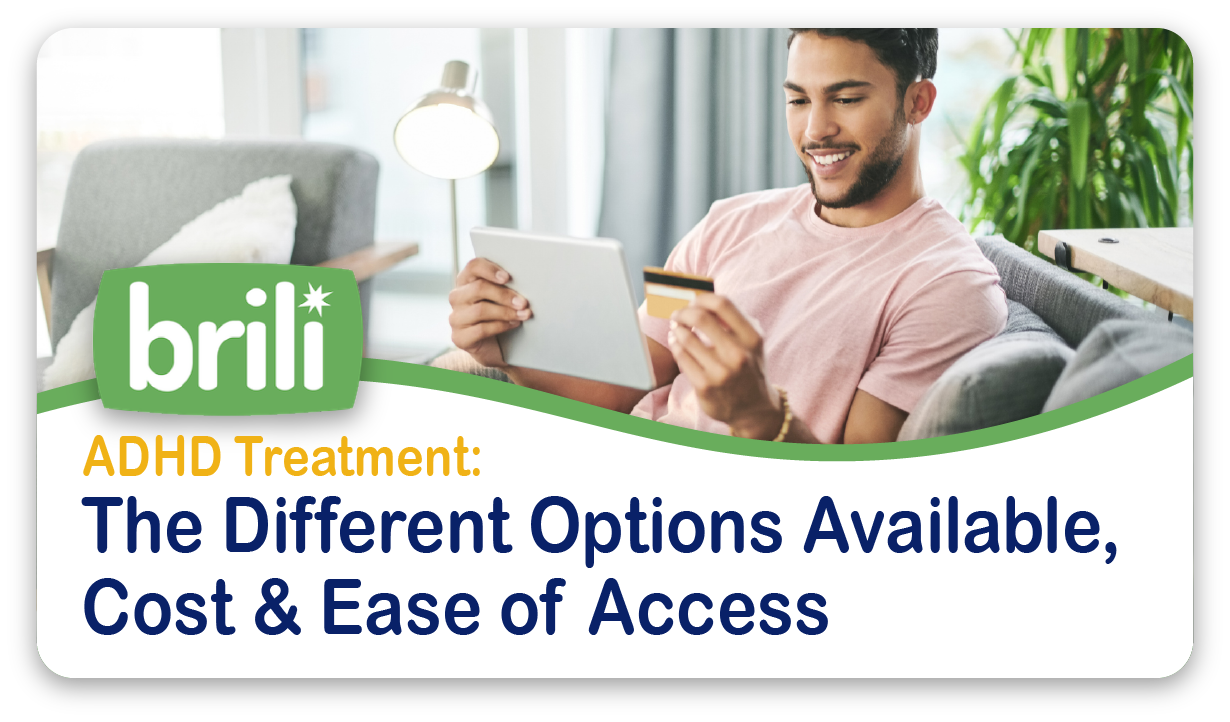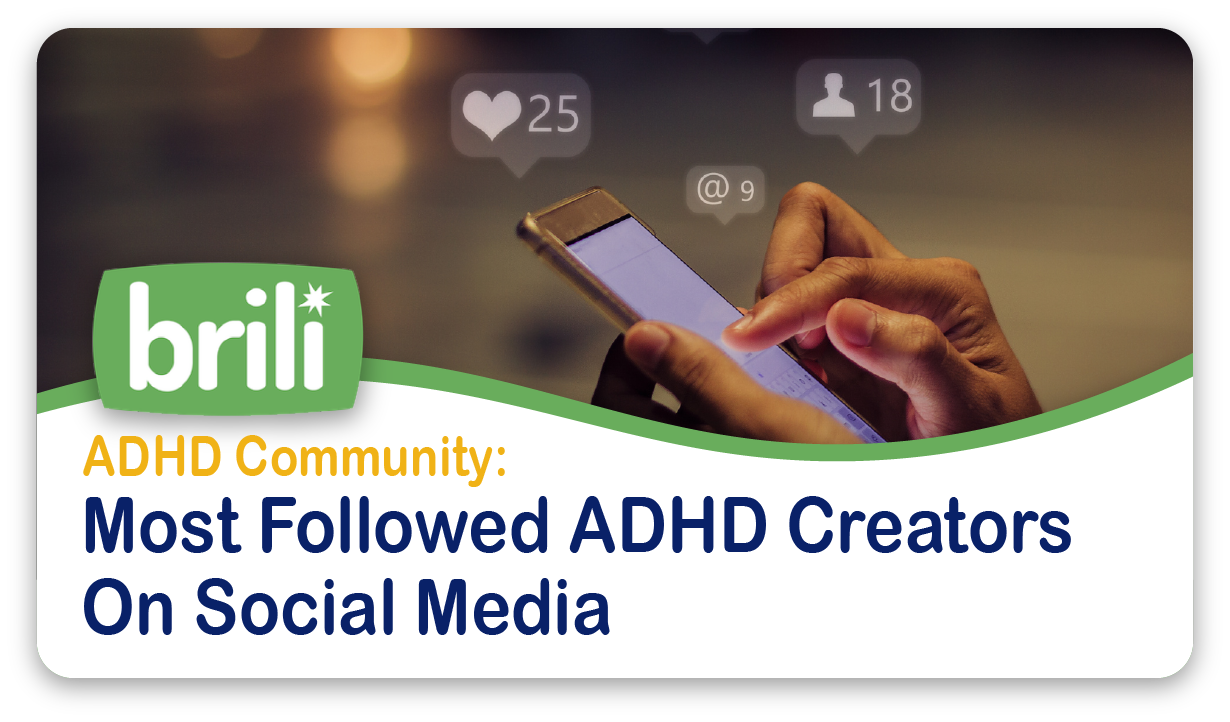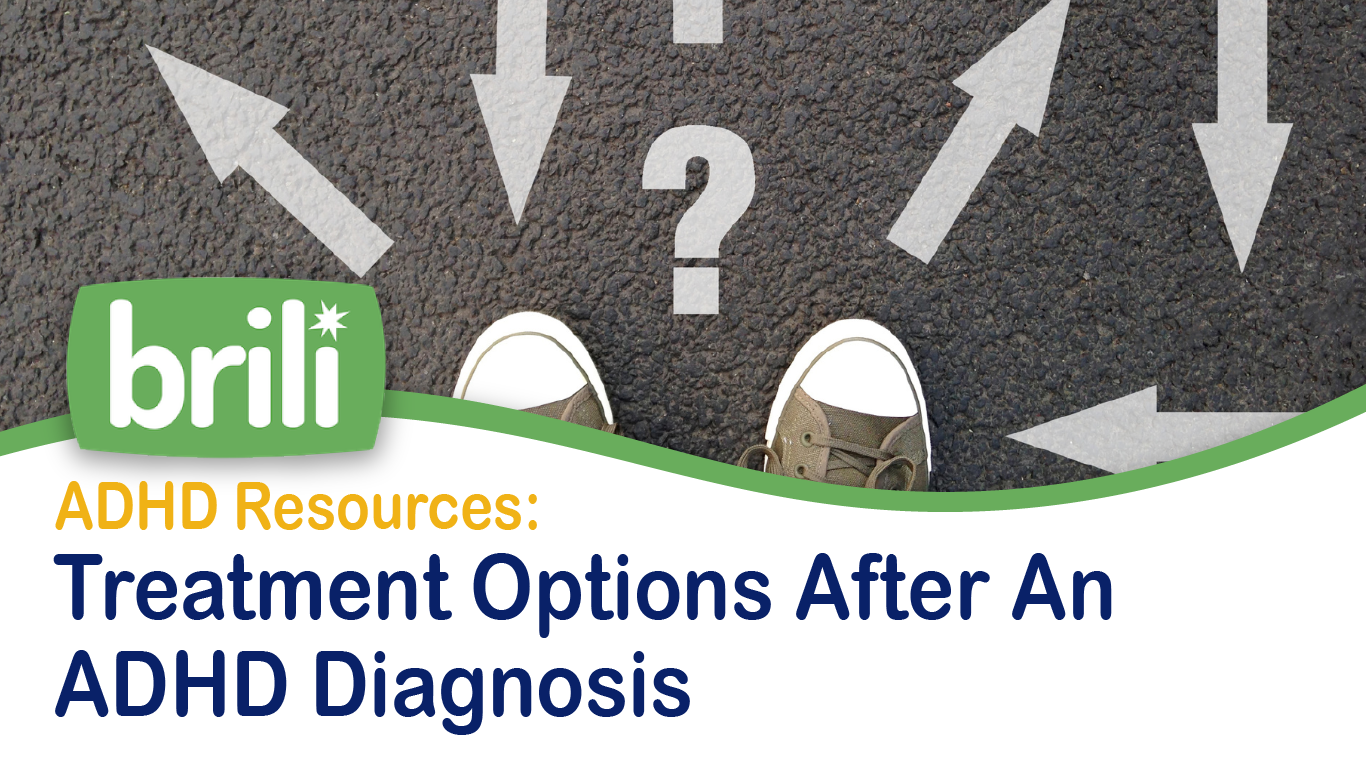ADHD is a complex condition that affects millions of individuals worldwide. However, with the right treatment and support, it's possible to effectively manage the symptoms of ADHD and lead a fulfilling life.
Multimodal Therapy (MMT):
Multimodal Therapy is considered the Gold Standard of ADHD treatment, aiming to provide an effective, individualized, and holistic treatment. It combines multiple therapeutic methods to meet the patient's unique needs. Here is an overview on the three big treatment paths: medication, Cognitive-Behavioral Therapy (CBT), and ADHD-friendly methods to support executive functioning.
Medication:
Medication is a common treatment option for ADHD and can be highly effective in reducing symptoms such as impulsiveness, inattentiveness, and hyperactivity.
The most commonly prescribed medications for ADHD are stimulants. They are either methylphenidate-based, such as Ritalin and Adderall, or amphetamine-based, like Adderall and Vivanse. They work slightly different but increase the sufficiency and efficiency of key neurotransmitters in the brain. Both medications can help individuals with ADHD to focus and pay attention, and may also help improve their overall well-being.
Non-stimulants, such as Strattera and Guanfacine, are another class of medication that can improve symptoms. They are often prescribed if stimulants are not helping or causing unpleasant side effects. In some cases, antidepressants are considered in addition to stimulants or even as an alternative.
However, medication is not suitable for everyone, and it's important to work with your doctor to find the best treatment for you. Some individuals may experience side effects or other complications, so it's important to be monitored closely while taking medication. For more information on ADHD medication, visit the National Institute of Mental Health website.

Cognitive Behavioral Therapy (CBT):
CBT is a type of therapy that helps individuals understand and change negative patterns of thought and behavior.
Cognitive Behavioral Therapy (CBT) has been proven effective for individuals with ADHD. It is a psychotherapeutic approach that focuses on changing negative patterns of thought and behavior, and teaching coping mechanisms to help manage symptoms of ADHD. It can be particularly beneficial for individuals with ADHD who struggle with impulsivity, distractibility, and low self-esteem.
Identifying negative patterns of thought and behavior is a core part of CBT. This includes identifying triggers that cause impulsive or distractible behavior, and recognizing negative self-talk. Once these patterns have been identified, the therapist and patient can work together to develop coping mechanisms to counteract them. This can include strategies such as mindfulness, prioritization, and scheduling.
Another important aspect of CBT for ADHD is learning to manage emotions. Individuals with ADHD often struggle with emotional regulation, and can become easily overwhelmed. CBT can help individuals learn to identify and express their emotions in healthy ways, and develop strategies for calming themselves down in moments of stress. This intervention can improve overall well-being and reduce symptoms of ADHD. To learn more about CBT for ADHD, visit this Additude article.
ADHD-friendly methods to support executive functioning:
There are a variety of tools and techniques that can help individuals with ADHD improve their executive functioning, like task and time management.
There are plenty of tools, techniques and methods which were created specifically for individuals with ADHD. Very popular methods include visual timers and task planners to get things done on a daily basis. Habit tracking, project organization and setting priorities are other areas that can be supported with ADHD specific tools.
These tools can be especially helpful in establishing routines and managing distractions by planning ahead, breaking down tasks into smaller steps and keeping track of time. Apps like Brili can help ADHDers with all of these aspects to stay organized and on track. (If you want to give it a try, download Brili and test it 30 days for free to see the magic it can do for your daily routines.)

It's important to remember that everyone's experience with ADHD is unique, and the best treatment plan will vary from person to person. It's essential to work with your doctor and mental health professional to find the treatment path that works best for you. With the right support and resources, it's possible to effectively manage the symptoms of ADHD and thrive in your personal and professional life.


